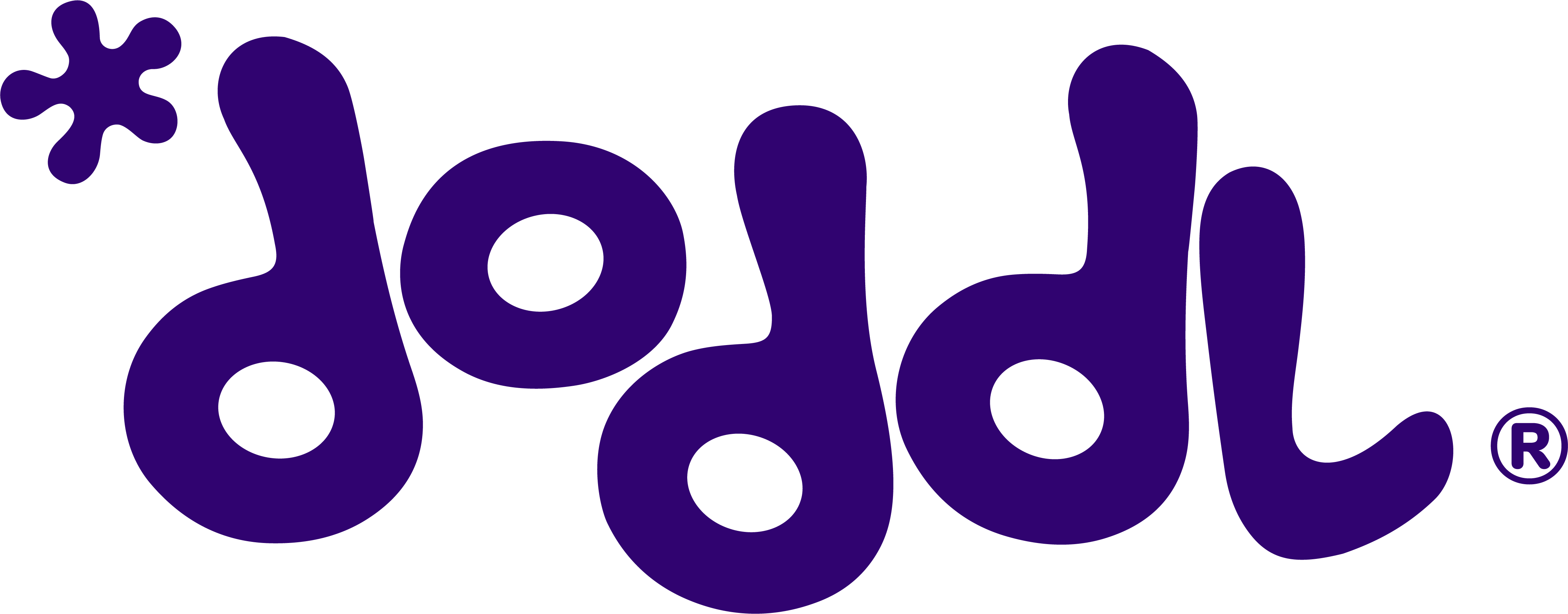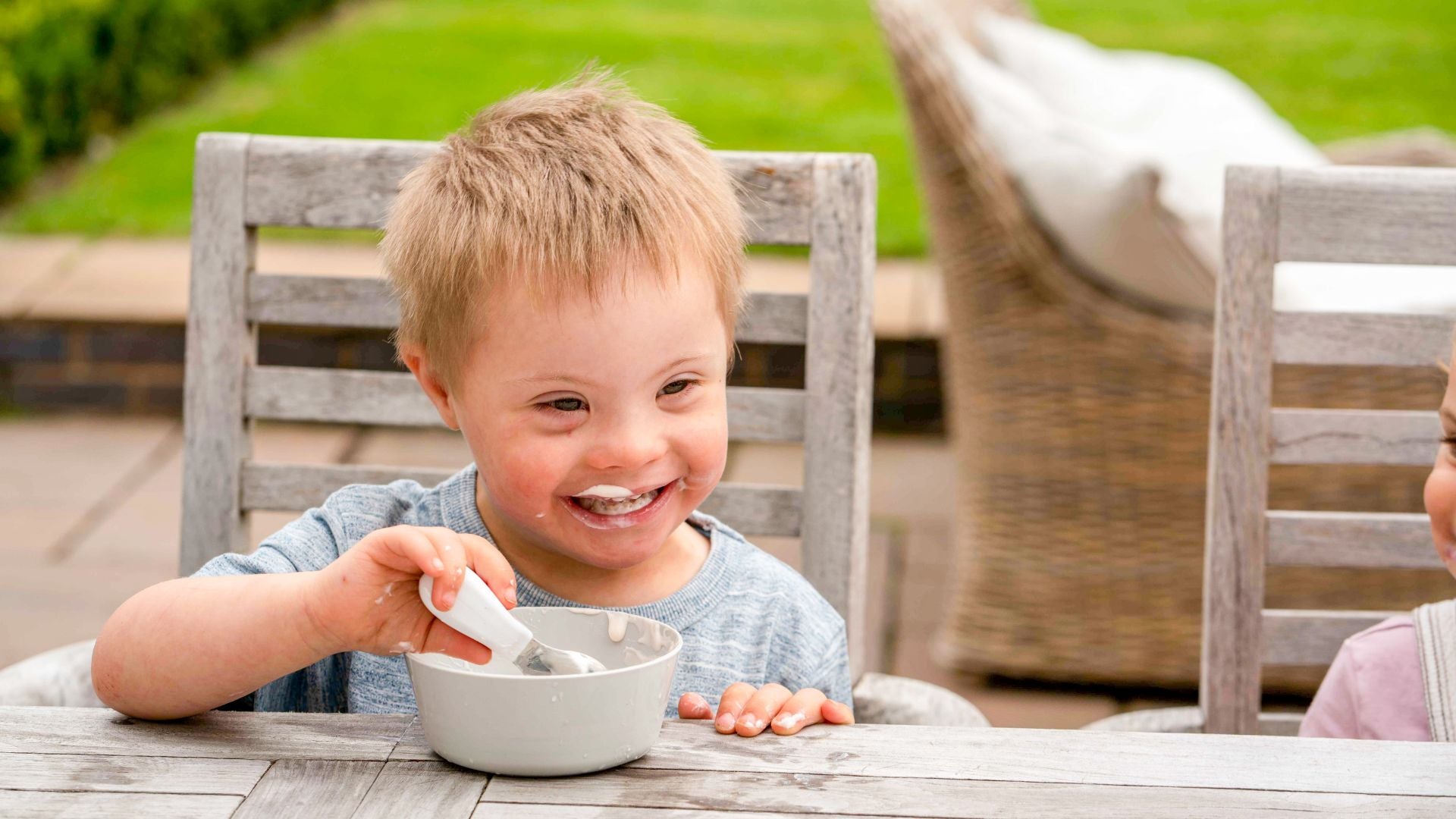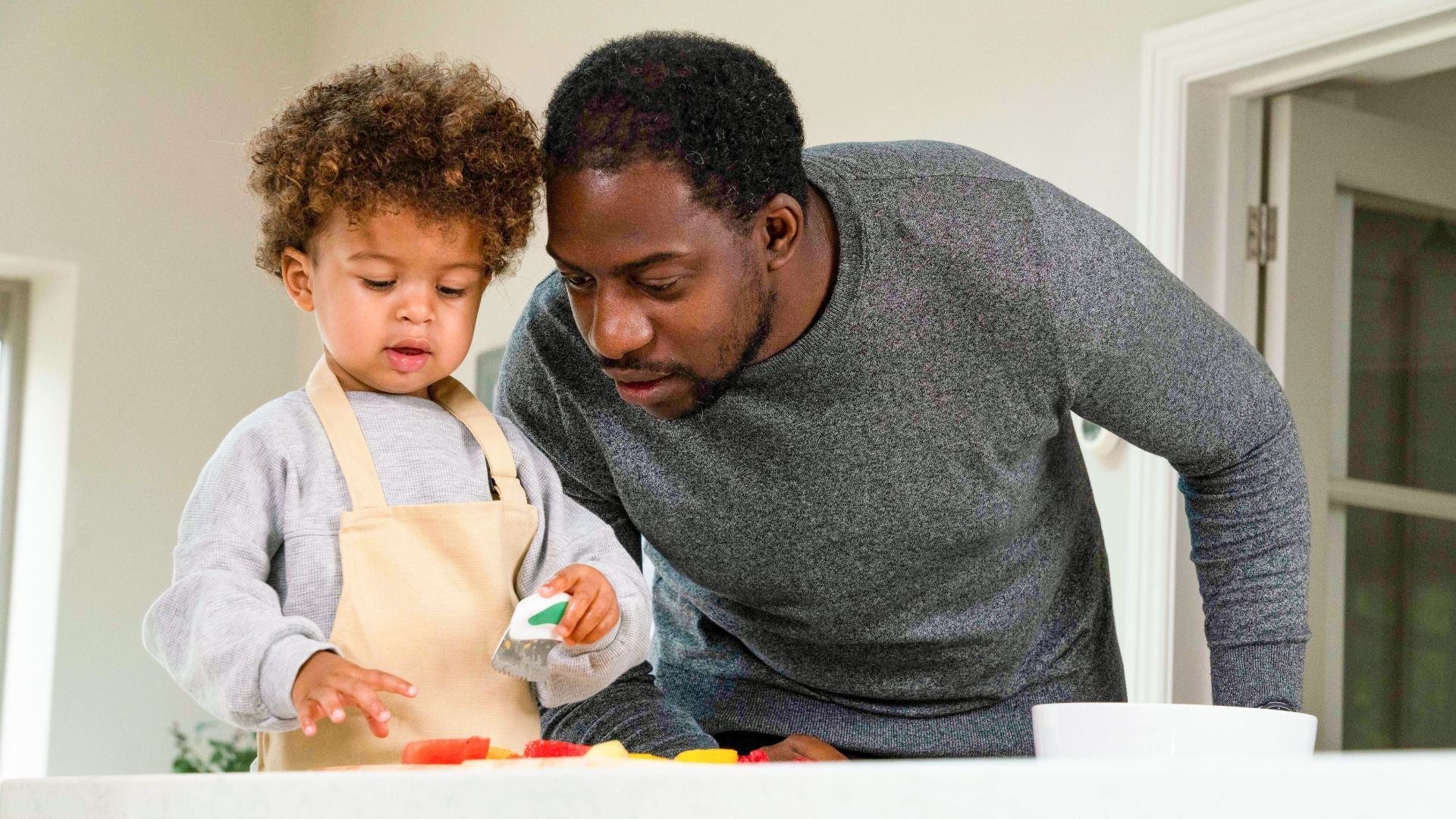If you're wondering whether your little one's speech development is on track, you're not alone. It's a common concern for many parents, and it's totally understandable to feel a bit worried. But here's the thing – every child is unique, and there's a wide range of what's considered "normal" when it comes to language milestones.
In this blog post, we'll explore:
- Common signs of speech delays in toddlers
- When and how to seek help if you're concerned
- Practical strategies to support your child's language development
- How to manage any emotional or social challenges along the way
So, take a deep breath, grab a cuppa, and let's dive in together!
Recognising signs of speech delay

It's natural to wonder if your child's language development is on track. While every child is unique and reaches milestones at their own pace, there are some general age-related indicators that might suggest a speech delay.
It's essential to keep in mind that these are just guidelines, and not meeting one or two of these milestones doesn't necessarily mean your child has a significant speech delay. However, if you notice a consistent pattern or have concerns about your child's language development, it's always best to trust your instincts and seek advice from a professional.
Let's take a closer look at some of the signs to watch for at different ages:
12-18 months
- Not using gestures like pointing, waving bye-bye, or shaking their head
- Not attempting to say simple words like "mama," "dada," or "ball"
- Not responding to their name or simple requests like "come here"
- Not imitating sounds or words they hear
18-24 months
- Having a limited vocabulary (fewer than 50 words)
- Not putting two words together (e.g., "more milk" or "daddy go")
- Not using words to express needs or wants (e.g., pointing to a cup instead of saying "drink")
- Not following simple one-step instructions (e.g., "give me the toy")
24-36 months
- Struggling to form simple sentences (e.g., "I want ball" or "dog go outside")
- Having difficulty being understood by others, even close family members
- Not showing an interest in social interactions or playing with other children
- Not engaging in pretend play or roleplay (e.g., feeding a baby doll or making a toy car "drive")
- Using mostly nouns and few verbs or adjectives in their speech
- Repeating phrases or words they hear (echolalia) instead of constructing original sentences
Remember: these are just guidelines, and some children might tick a few of these boxes without having a significant speech delay. However, if you notice several of these signs or have a gut feeling that something's not quite right, it's always best to trust your instincts and seek advice.
When and how to seek help
If you're concerned about your toddler's speech development, the first step is to have a chat with your GP or health visitor. They can assess your child's overall development and refer you to a speech and language therapist if needed.
During the assessment, the therapist will observe your child's communication skills and may ask you questions about their language development. This process helps identify any areas where your child might need extra support.
Remember, early intervention is key! The sooner you address any potential delays, the better the outcomes for your child. So, don't hesitate to reach out for help – it's a sign of strength, not weakness.
Practical strategies to support language development

Whether you're looking to give your toddler's language skills a boost or working with a therapist to address a speech delay, there are plenty of things you can do at home to create a language-rich environment and support your child's communication development. These strategies are beneficial for all toddlers, regardless of their current language abilities:
Simple communication techniques
- Speak slowly and clearly, using short phrases and simple words
- Make eye contact and use facial expressions to convey meaning and engage your child
- Repeat and expand on your child's words to reinforce vocabulary and encourage further communication (e.g., if they say "car," you can say, "Yes, that's a big, red car! The car goes fast.")
Interactive activities
- Read together regularly, pointing out pictures, asking questions, and encouraging your child to participate in storytelling
- Play simple naming games, like "I spy" or "Where's the ball?" to build vocabulary and engagement
- Sing songs and nursery rhymes with repetitive phrases to help your child learn new words and sounds in a fun, engaging way
- Encourage pretend play and roleplay to help your child practice communication skills and social interaction
Positive reinforcement
- Celebrate your child's efforts to communicate, no matter how small, to build their confidence and encourage further language exploration
- Avoid correcting or criticising your child's speech - instead, model the correct pronunciation and let them learn through imitation
- Create a safe, nurturing environment where your child feels comfortable expressing themselves and taking risks with language
By bringing these strategies into your daily routines, you can create a supportive, language-rich environment that encourages your toddler's communication skills, whether they're right on track or need a little extra support.
Supporting emotional and social development

When a child struggles with communication, it can sometimes lead to frustration, tantrums, or social withdrawal. Here are some tips for managing these challenges:
- Help your child identify and label their emotions (e.g., "I can see you're feeling angry right now.")
- Teach simple calming techniques, like deep breathing or counting to three
- Encourage social interactions and play with other children or adults to support their social development
- Model appropriate social skills and emotional regulation yourself
Remember, your child is learning from you every day, so try to be mindful of how you handle your own emotions and communication.
You've got this!
Navigating speech delays can feel overwhelming at times, but remember – you're not alone, and there's no shame in asking for help. With the right support, most children with speech delays make significant progress and catch up to their peers.
Trust your instincts, celebrate the small victories, and don't forget to take care of yourself along the way. You've got this, supermum or superdad!
And if you're looking for more ways to support your child's mealtime independence and confidence, check out our range of toddler cutlery. Our ergonomic designs make self-feeding a breeze, giving your little one one less thing to get frustrated about at the table!
FAQs
What is the difference between a late talker and a speech delay?
A late talker is a toddler (usually between 18-30 months) who has a limited vocabulary for their age but is otherwise developing normally in terms of cognitive and social skills.
A speech delay, on the other hand, may be accompanied by other developmental delays or concerns. A professional assessment can help determine whether your child is a late talker or has a more significant speech delay.
What is the most common cause of speech delay?
There are many possible causes of speech delays, including hearing impairments, developmental disorders (such as autism), or oral-motor problems that affect the muscles used for speech. In some cases, the cause may be unknown.
A thorough evaluation by a healthcare professional can help identify the underlying reason for your child's speech delay and guide appropriate interventions.
Can a speech delay be a sign of autism or other developmental disorders?
While speech delays can sometimes be an early indicator of autism spectrum disorder (ASD) or other developmental concerns, it's important to remember that not all children with speech delays have autism or another disorder. Many children with speech delays catch up to their peers with appropriate support and intervention.
If you're concerned about your child's development or notice other red flags (such as limited social interaction, repetitive behaviors, or sensory sensitivities), it's best to discuss your concerns with your child's GP or a developmental pediatrician.




Leave a comment
This site is protected by hCaptcha and the hCaptcha Privacy Policy and Terms of Service apply.